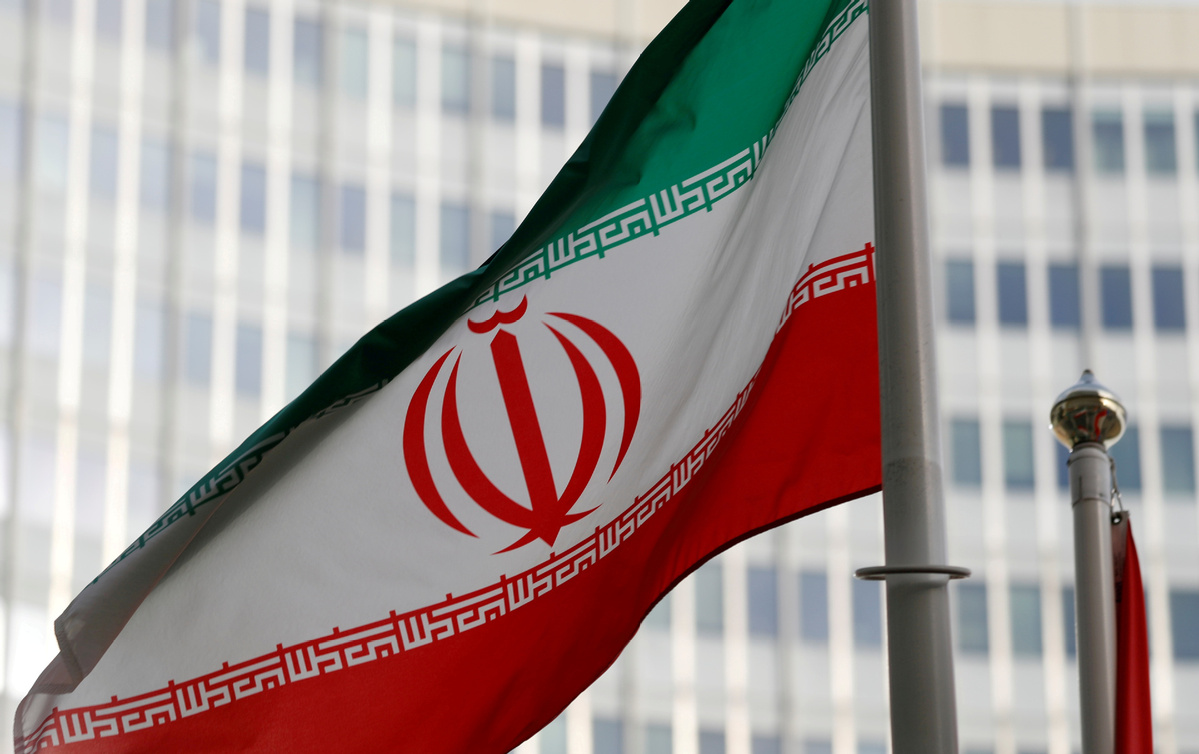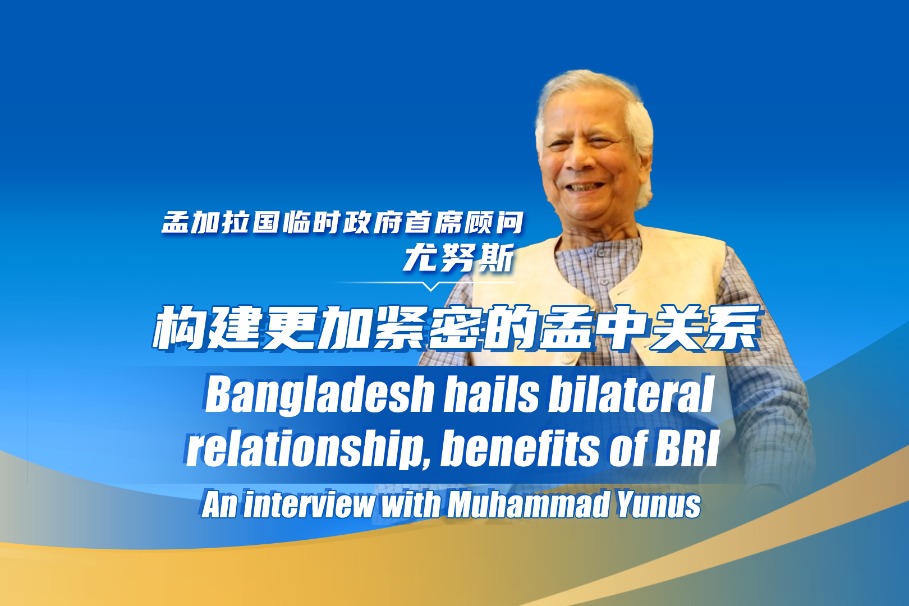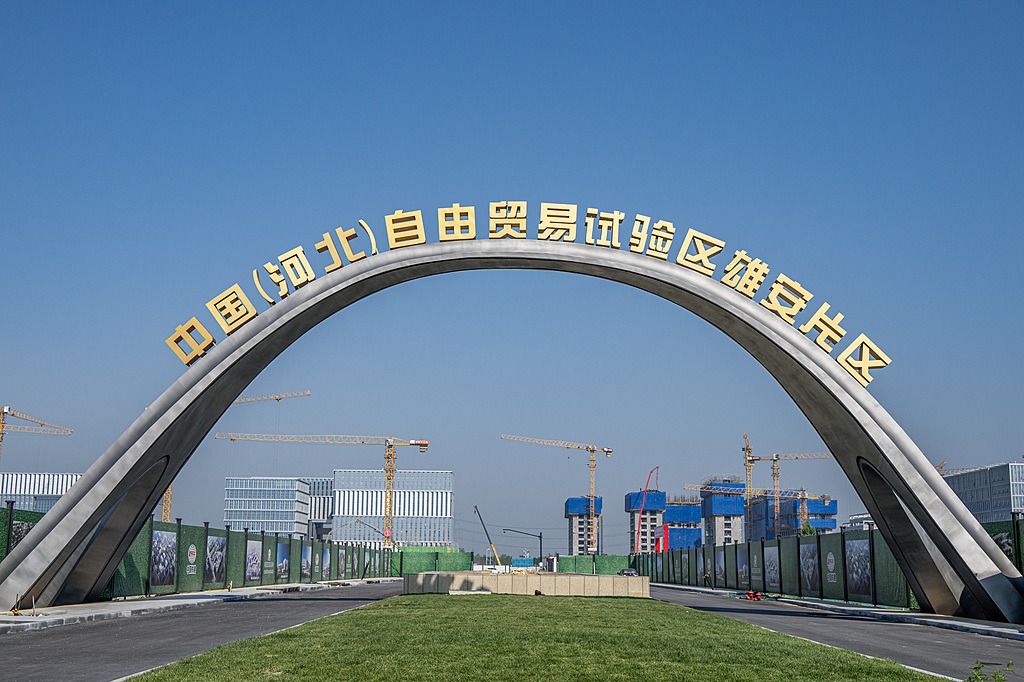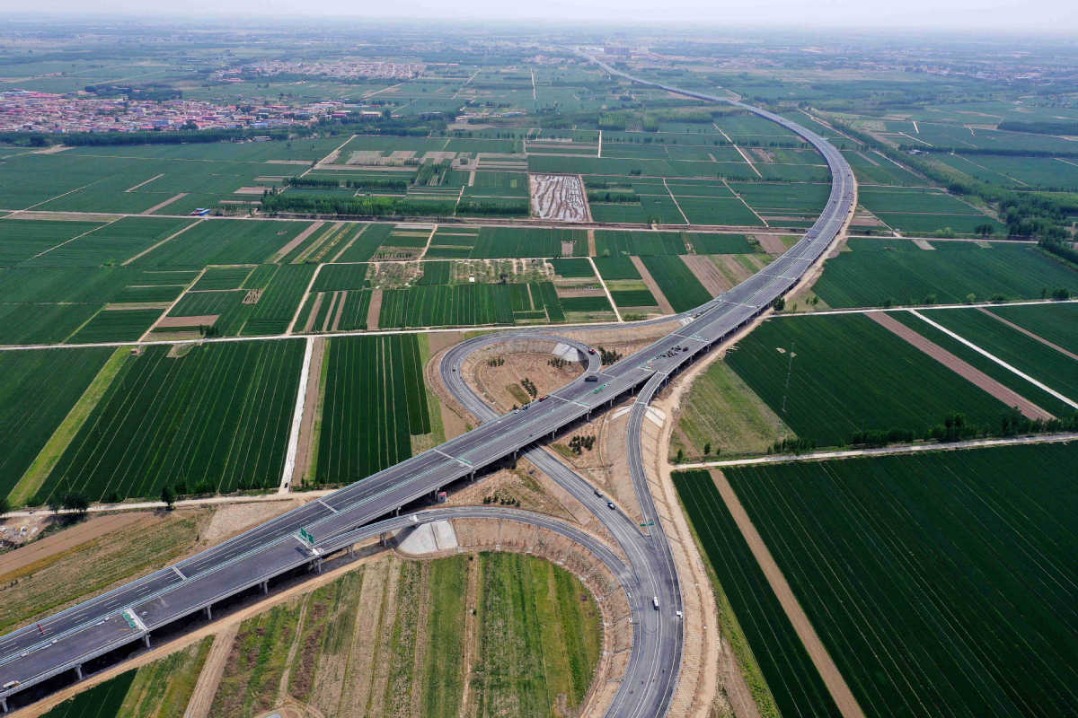Bomb threat not conducive to Middle East peace


Supreme Leader Ayatollah Ali Khamenei said on Monday the United States would receive a strong blow if it acts on the US president's threat to bomb Iran unless Teheran reaches a new nuclear deal with Washington.
The US leader reiterated his threat on Sunday that Iran would be bombed if it does not accept his offer for talks outlined in a letter sent to Iran's leadership in early March, giving Teheran a two-month window to make a decision.
"The enmity from the US and Israel has always been there. They threaten to attack us, which we don't think is very probable, but if they commit any mischief they will surely receive a strong reciprocal blow," Khamenei said. "And if they are thinking of causing sedition inside the country as in past years, the Iranian people themselves will deal with them."
A watershed incident in the international efforts to resolve the Iran nuclear issue is that the US withdrew from the 2015 Joint Comprehensive Plan of Action during the current US president's first term in 2018. He also reimposed sweeping US sanctions on Iran.
In other words, it is the US that has tried to hijack the agenda of the Iran nuclear issue for its own narrow ends, presumably to help its closest regional ally, Israel, to eliminate what it sees as the biggest security threat.
That intention appears more obvious today. The rising tensions between Washington and Teheran are closely connected with Israel's appeals for the US to help it disable Iran's nuclear project, despite Teheran's repeated assertions it is for civil use.
The US' recent attacks on the Houthis, a militant group supported by Iran in Yemen, serve to scratch Israel's back, as unlike the Hamas and Hezbollah targets near its borders, the Houthi targets are more than 2,000 kilometers from Israel.
Thus Teheran has enough reasons to believe the US' latest threat does not originate from its good faith to properly resolve the Iran nuclear issue but to meet the immediate demands of Israel. And its tough response is also understandable as, if it succumbs to US pressure, the whole situation in the Middle East will instantly take a turn in favor of its archrival Israel.
The Iran nuclear issue has dragged on for more than two decades, ever since the International Atomic Energy Agency launched its investigation into Iran's nuclear project in 2002. Now, with the US trying to push through its own agenda, the resolution of the issue seems to be more distant than ever, and is at risk of being derailed from the track of diplomatic resolution.
If the US really intends to resolve the Iran nuclear issue, it needs to show its commitment to a peaceful settlement of the issue through political and diplomatic means. That means it should end its illegal sanctions and coercion, and refrain from taking any actions that might escalate the situation.
All the parties involved should actively work to create conditions for the resumption of dialogue and negotiation.
The resolution of the Iran nuclear issue requires balancing rights and responsibilities, and upholding common, comprehensive, cooperative and sustainable security. On the one hand, Iran should continue honoring its commitment to not developing nuclear weapons. On the other hand, all other parties should fully respect Iran's right to the peaceful use of nuclear energy as a State Party to the Treaty on the Nonproliferation of Nuclear Weapons.
China hopes that all parties will resume dialogue and negotiation as early as possible with the framework of the Joint Comprehensive Plan of Action being cherished as the basis for consensus.
Since the Iran nuclear issue and the Middle East crisis are intertwined, all relevant parties need to bear the bigger picture in mind and support a step-by-step approach. Acting from a position of strength will only make the situation more complicated which serves no party's interests, including those of the US and Israel.
As Iranian Foreign Ministry spokesperson Esmaeil Baghaei tweeted on Monday, "An open threat of 'bombing' by a head of state against Iran is a shocking affront to the very essence of international peace and security. Violence breeds violence, peace begets peace. The US can choose the course and concede to the consequences".


































